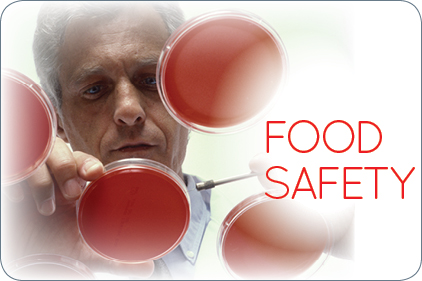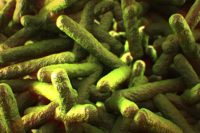When adulterants are found in ground-beef products, the results must be shared with FSIS and determinations made regarding which products are potentially affected and how they will be disposed. Unfortunately, in many instances, FSIS will use a company’s positive findings as a catalyst to aggressively and sometimes unreasonably second-guess its actions and response.
This costly and unwarranted burden has, in many cases, discouraged the development and creation of truly effective testing programs by industry.
Now, FSIS is in the process of reviewing a petition from the Center for Science in the Public Interest which asks the agency to declare numerous strains of Salmonella as adulterants in raw meat and poultry.
The agency’s response to recent questions on this issue suggests that FSIS is seriously considering the policy. Dan Engeljohn, assistant administrator FSIS’s Office of Policy & Program Development, recently told attendees at an annual meat industry conference that FSIS is currently “assessing [the policy], and how we’d go forward if we were to adopt it.”
This sounds to me like the decision already has been made.
As FSIS considers it next steps, however, it needs to maintain a reasoned approach which recognizes the fact that it is currently impossible, given current technology, to completely eradicate ubiquitous organisms from raw beef and poultry products. For this reason, whatever policy FSIS develops, the agency should at the same time reassess how it will react and respond to processors who aggressively test to find Salmonella (or other pathogens) in their products.
From my experience, the majority of beef processors would welcome additional controls aimed at reducing the numbers and levels of pathogens in incoming raw trim used to process hamburger. If, however, the agency continues to penalize (rather congratulate) processors who test for and then find these pathogens in their finished products, then our food supply will not likely become any more safe.
Thus, in my view, as FSIS considers its policy going forward, the agency should also recognize that it has an unparalleled opportunity to develop and embrace rules that adequately enforce the new standards at slaughter, but also encourage (rather than discourage) additional testing. If FSIS can incentivize the creation of new cutting-edge programs designed to find pathogens in products before they reach consumers, as opposed to destroying any incentive to test and find (through its often oppressive reaction when pathogens are found), then the agency will have substantially advanced the calling of food safety.
So, as we wait with interest to see whether FSIS will declare Salmonella as an adulterant, we also wait to see if FSIS will continue to unfairly (and, in my view, improperly) test the tester.




Report Abusive Comment